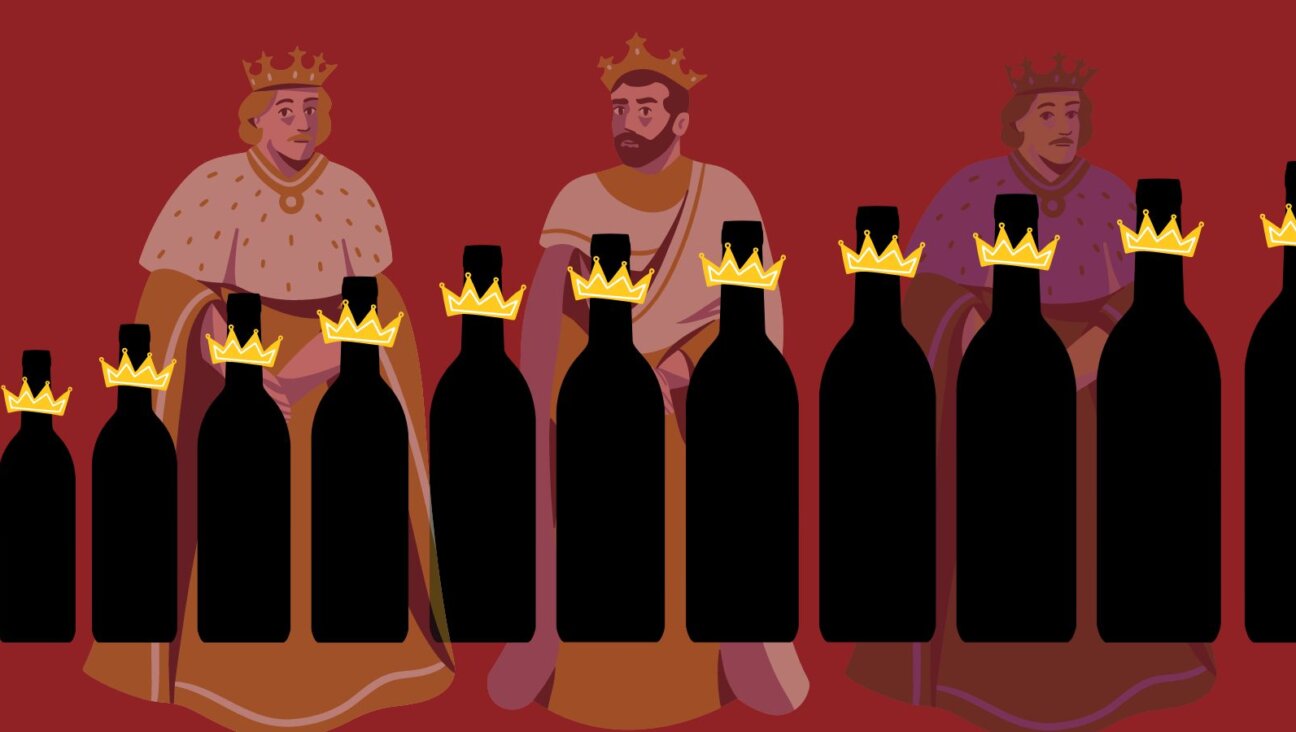The Limits of Enlightenment
For a Jew of the Enlightenment, for one who believes, as I do, both in Judaism and in the intellectual and political benefits of the Haskalah, Metzora is a daunting and even a dismaying portion. Most of the time, I can find some middle way in which the voices of faith and reason do not directly contradict each other, but here, with these grotesque descriptions of the purification rituals by which lepers can be allowed to return to the community, I am beggared. What can I bring to this direct contradiction not only of what I happen to believe but also of the basic assumptions of my view of the world? That leprosy is a punishment from God for the sin (of gossip, most probably) is difficult to accept. We are going way beyond the plague at the beginning of the Iliad that Apollo visits on the Achaeans because they have offended him. What the Torah is telling us here is close to Mary Baker Eddy’s eccentric views about how sickness is the result of an individual’s sin and that prayer is the proper response to infection and even broken bones. The rituals are uncomfortably close to the ceremonies of voodoo, with priests doing drastic things with living and dead birds and daubing blood on toes and earlobes. What primitive tribe do we belong to? And when does the next dugout canoe leave for civilization downriver?
The portion is not merely absurd but also repugnant. And yet, there it is, and we must deal with it and make of it what we can. The rabbis have indulged in elegant word play, which distracts at least a little from the unpleasantness. That nega (plague) and oneg (delight) are different arrangements of the same letters in Hebrew is mildly interesting, as is the observation that ha-metzora (the leper) can be sliced differently to produce ha motzei ra (revealer of evil) or even motzei shem ra (bringer forth of a bad name — or gossip). But none of this can answer our questions or relieve our discomfort.
What bothers me particularly is that the attribution of meaning to leprosy or to skin diseases in general — because I had eczema as a child and am still troubled by occasional flare-ups, I am touchy on this subject and I also know a little about it — such as the fact that psychiatrists sometimes describe the disease as “weeping through the skin.” If that is true, then there is a connection after all between skin and spirit. I think, too, of the griefs of Solomon Ibn Gabirol, that he lamented so powerfully in “A Crown for the King,” one of our great religious and cultural treasures. Every Jew should know this poem. And it comes, at least in part, from the chagrin he felt with his furunculosis, the dermatological ailment that doctors still refer to as “Job’s disease,” and that he saw as shameful and all the more regrettable because it excluded him from communal worship in the synagogue. Left to his own devices, his individual prayer is likely to have been less disciplined and less formulaic than what it would have been in the company of a minyan, reaching heights and depths of fervor that the poem recounts:
Do not hustle me from the earth with my arms still filthy from the mixing-bowl of my sins.
When you put my sins in the balance, put my sorrows on the other side of the scale.
If you think of my wickedness and insolence, think also of my heartaches and figure them into my account.
Remember me, O God, and consider my life of exile. I have wandered the earth like Cain, and you have tempered me in the diaspora’s forge.
Does this not purify some of my baseness or cleanse me of some of my many impurities?
I believe it was for my good that you tested me, and I have faced my afflictions as one of the faithful, trusting that, in the end, they would count in my favor.
I believe you have brought me through my ordeals and my miseries.
Show me your mercy, then, and do not vent your anger upon me.
Do not punish me for my mistakes and my sins but tell your destroying angel, “Enough!”
(section XXXVIII, David R. Slavitt, trans., Oxford University Press, 1998)
The priests weren’t trying to cure leprosy, but only performing the ritual by which the sufferer could be allowed to rejoin the community. I cannot quite cozy up to it, but I do not have to face the literal enactment of the ceremony. The Temple will not be rebuilt in my lifetime and I am excused from having to confront the sordid question of animal sacrifice. Still, the seriousness of the anguish and the melodrama of the relenting are vivid enough without my having to see the bloody rite at first hand. That it is bloody is what we should be tough enough to accept. As I wrote some years ago in a poem called “Eczema,” which is reprinted in “Change of Address: Poems, New and Selected”:
…there is a rage inside me, a prophet’s deep
revulsion at the flesh. When it gets bad,
I scratch as in a dream of purity,
of bare-boned whiteness, clean enough to keep
the soul that’s mired there now, driving me mad,
desperate, righteous, clawing to be free.
David R. Slavitt’s 80th book, “Change of Address: Poems, New and Selected,” was recently published by Louisiana State University Press.

I hope you appreciated this article. Before you go, I’d like to ask you to please support the Forward’s award-winning journalism this Passover.
In this age of misinformation, our work is needed like never before. We report on the news that matters most to American Jews, driven by truth, not ideology.
At a time when newsrooms are closing or cutting back, the Forward has removed its paywall. That means for the first time in our 126-year history, Forward journalism is free to everyone, everywhere. With an ongoing war, rising antisemitism, and a flood of disinformation that may affect the upcoming election, we believe that free and open access to Jewish journalism is imperative.
Readers like you make it all possible. Right now, we’re in the middle of our Passover Pledge Drive and we need 500 people to step up and make a gift to sustain our trustworthy, independent journalism.
Make a gift of any size and become a Forward member today. You’ll support our mission to tell the American Jewish story fully and fairly.
— Rachel Fishman Feddersen, Publisher and CEO
Join our mission to tell the Jewish story fully and fairly.
Our Goal: 500 gifts during our Passover Pledge Drive!























